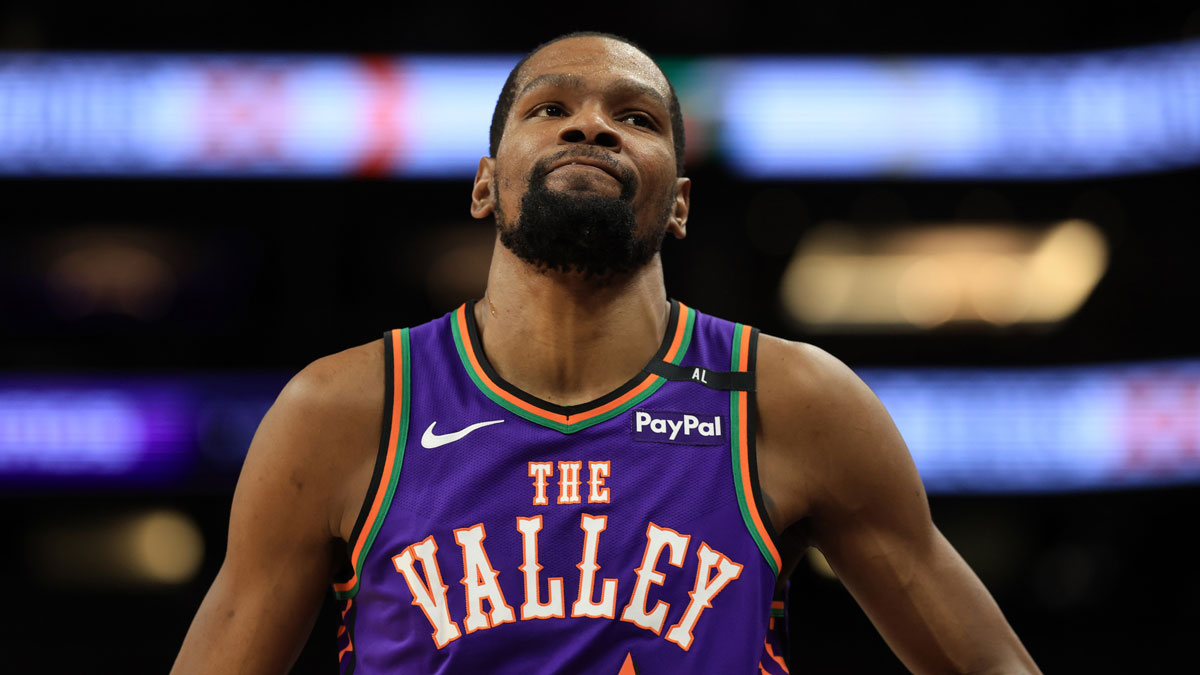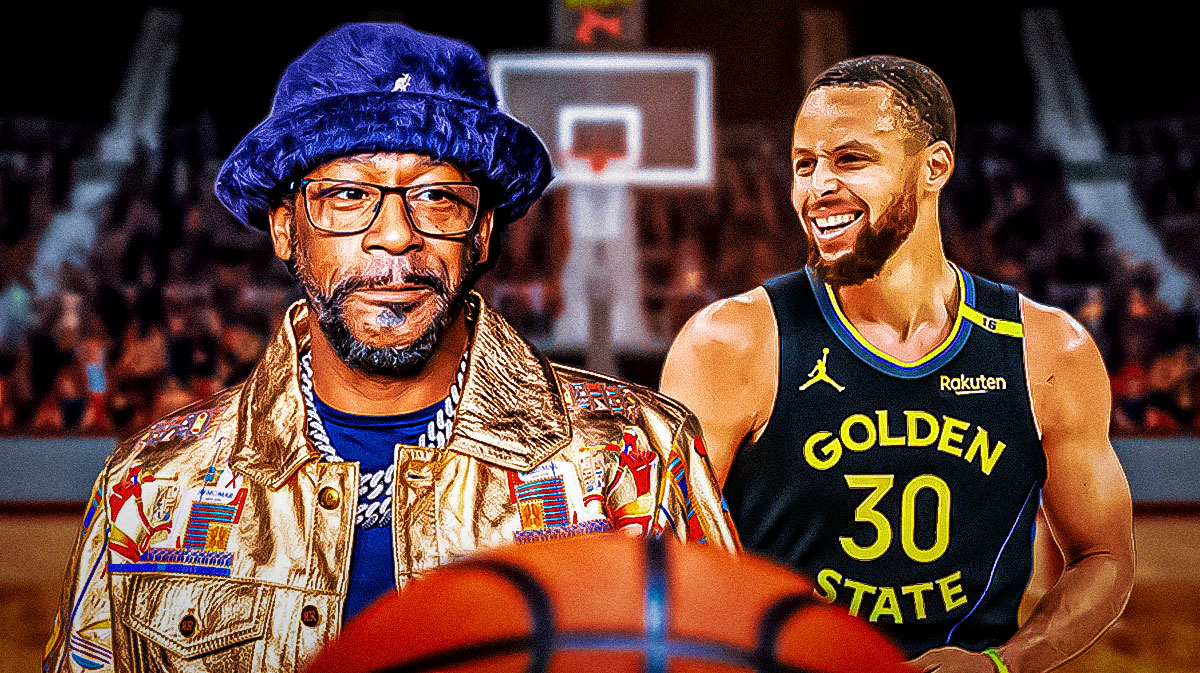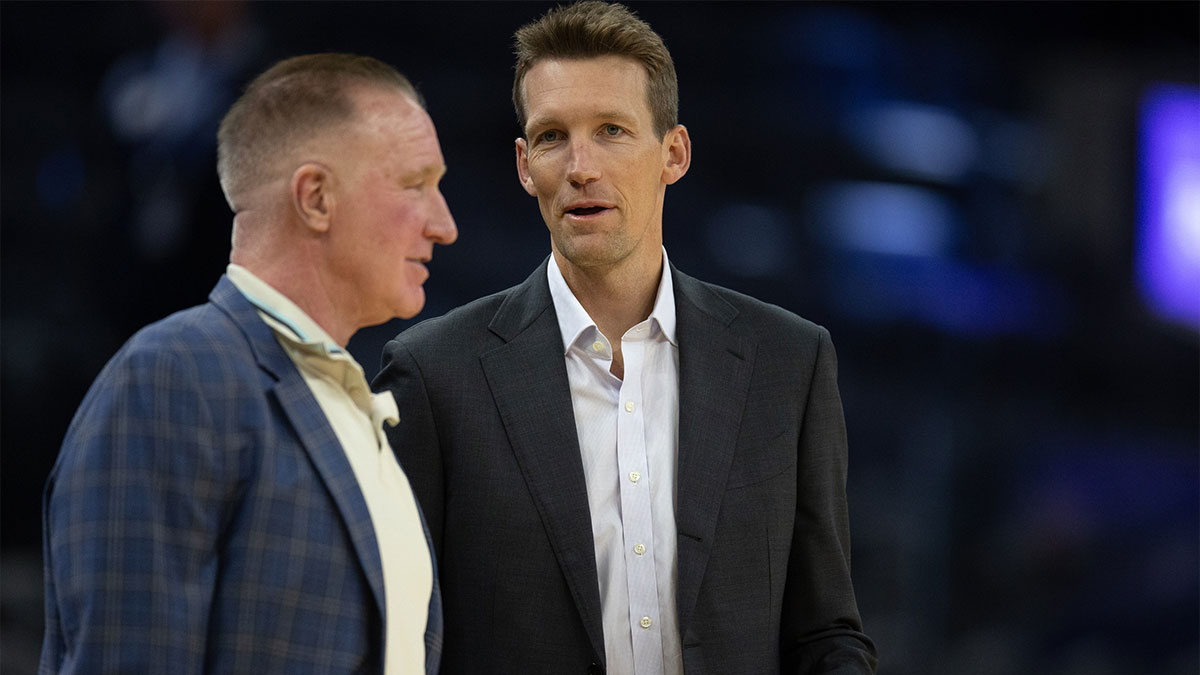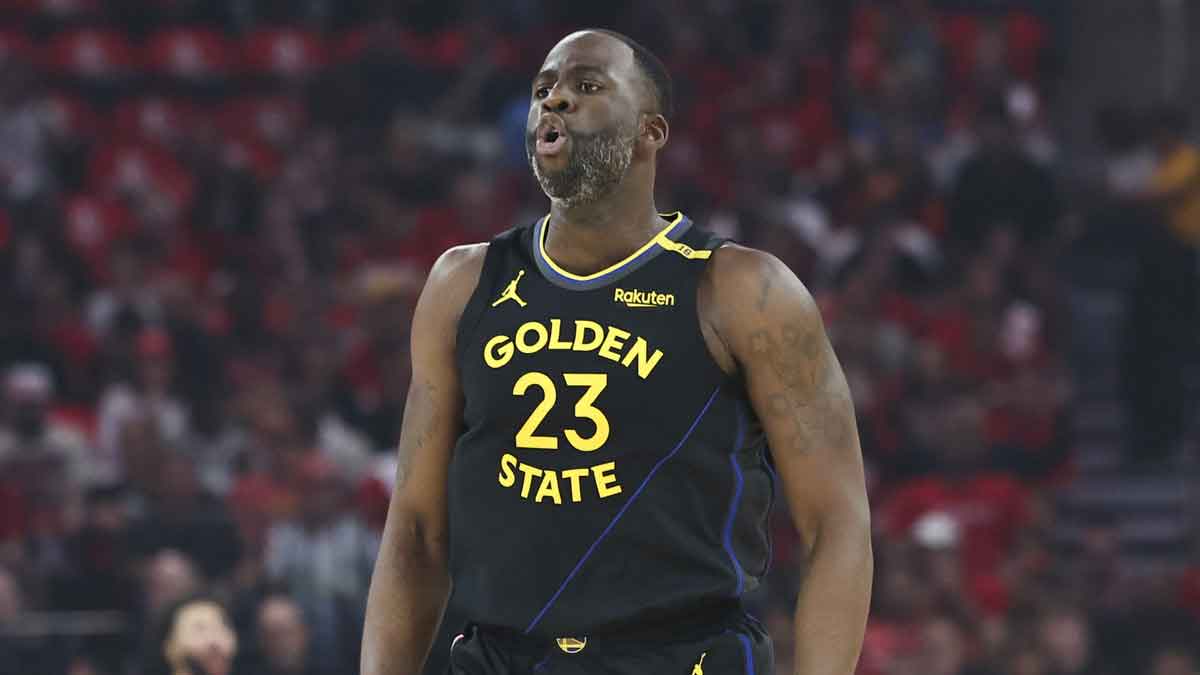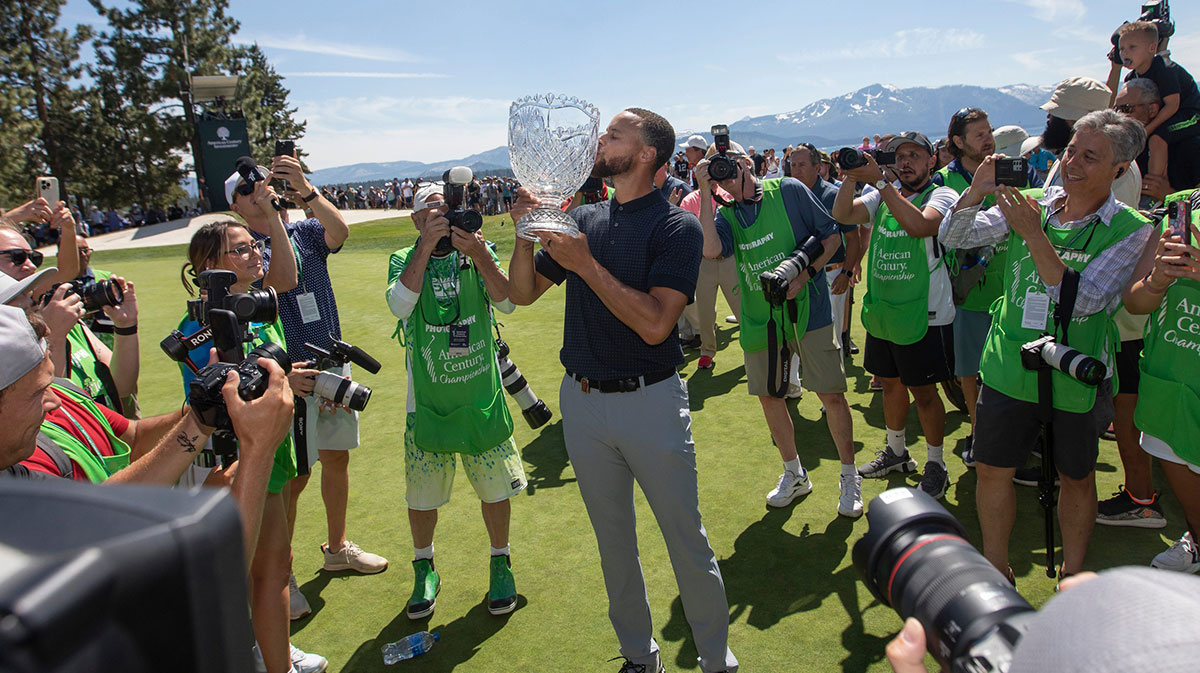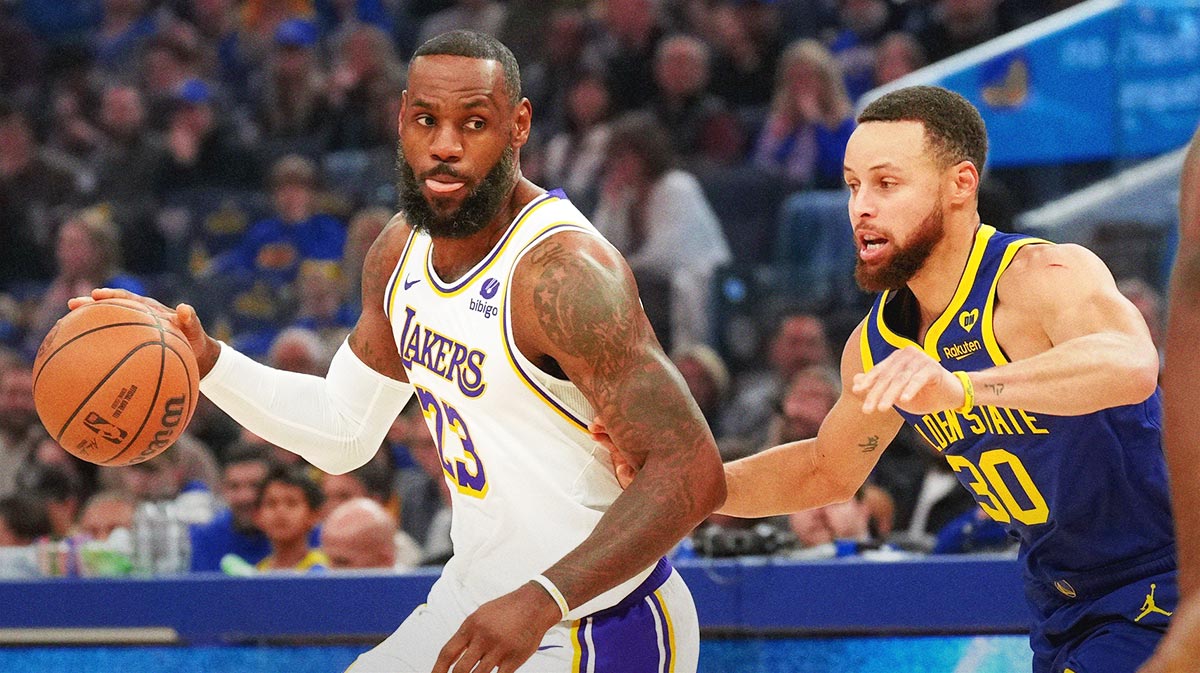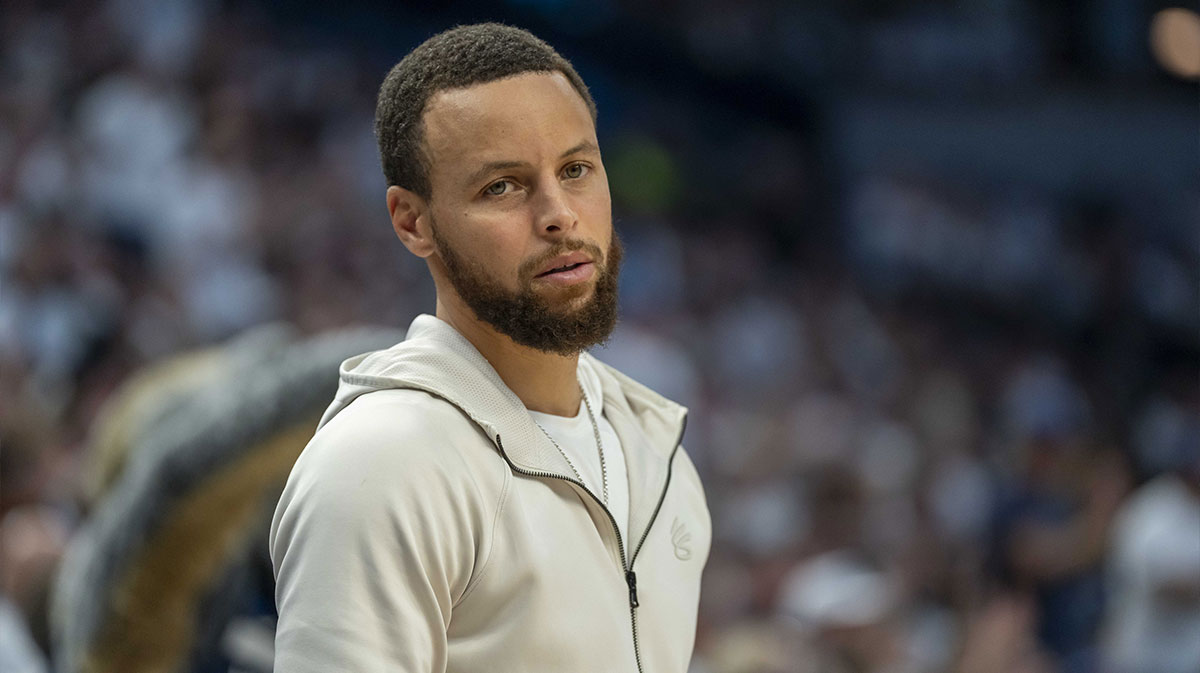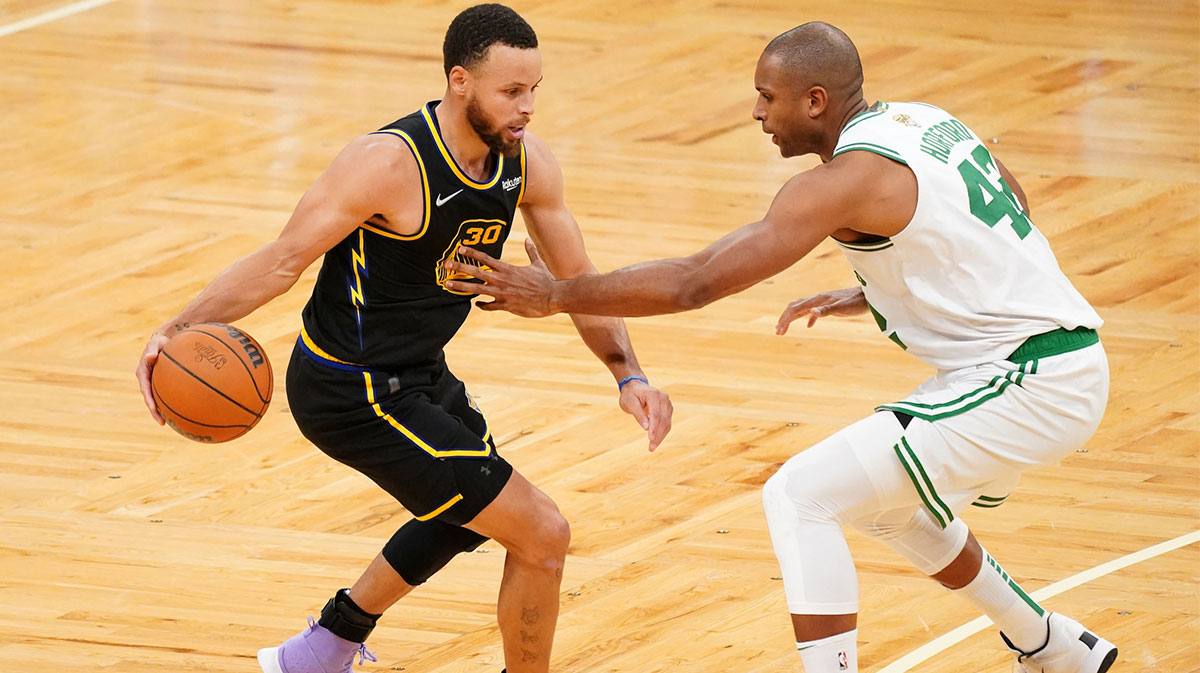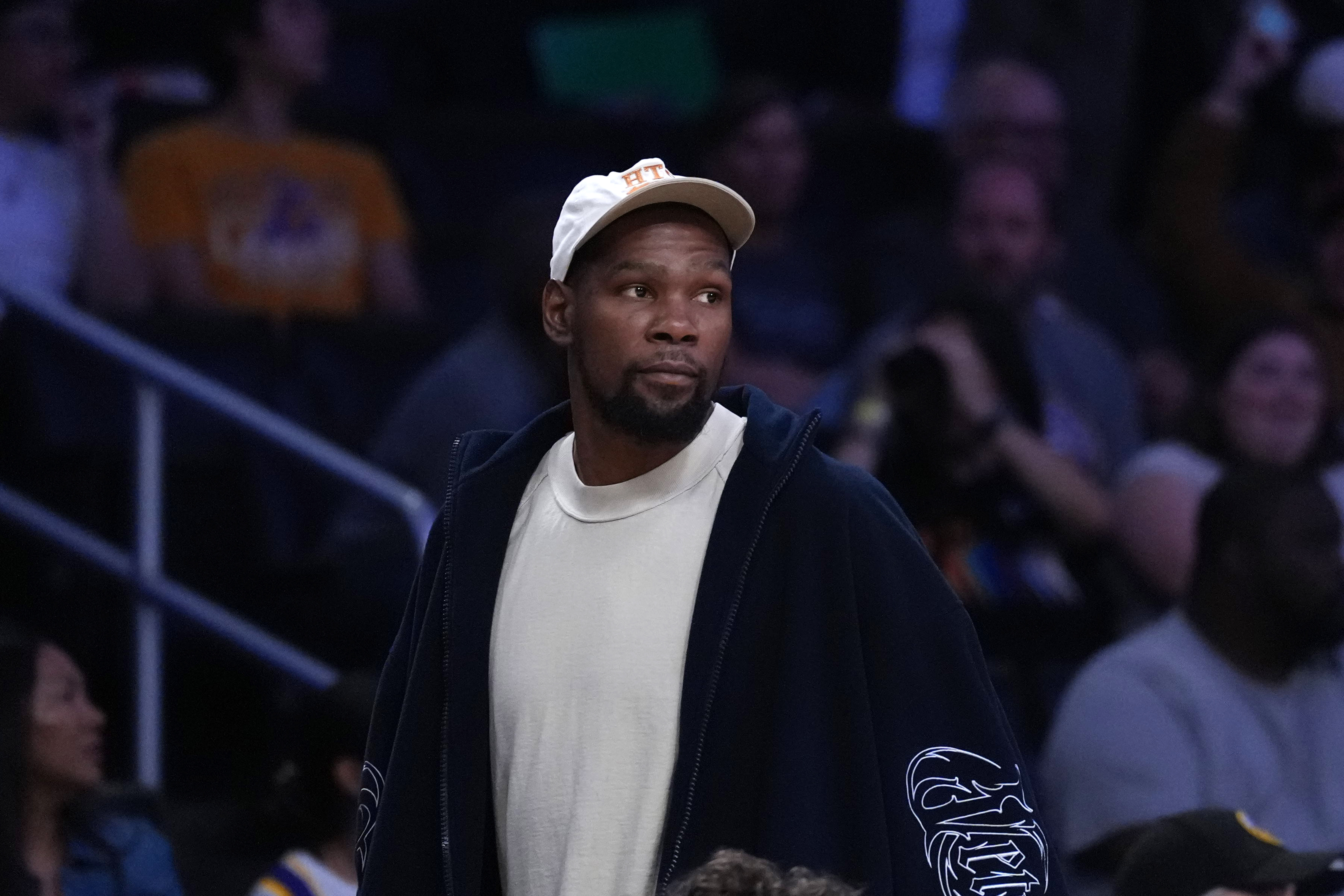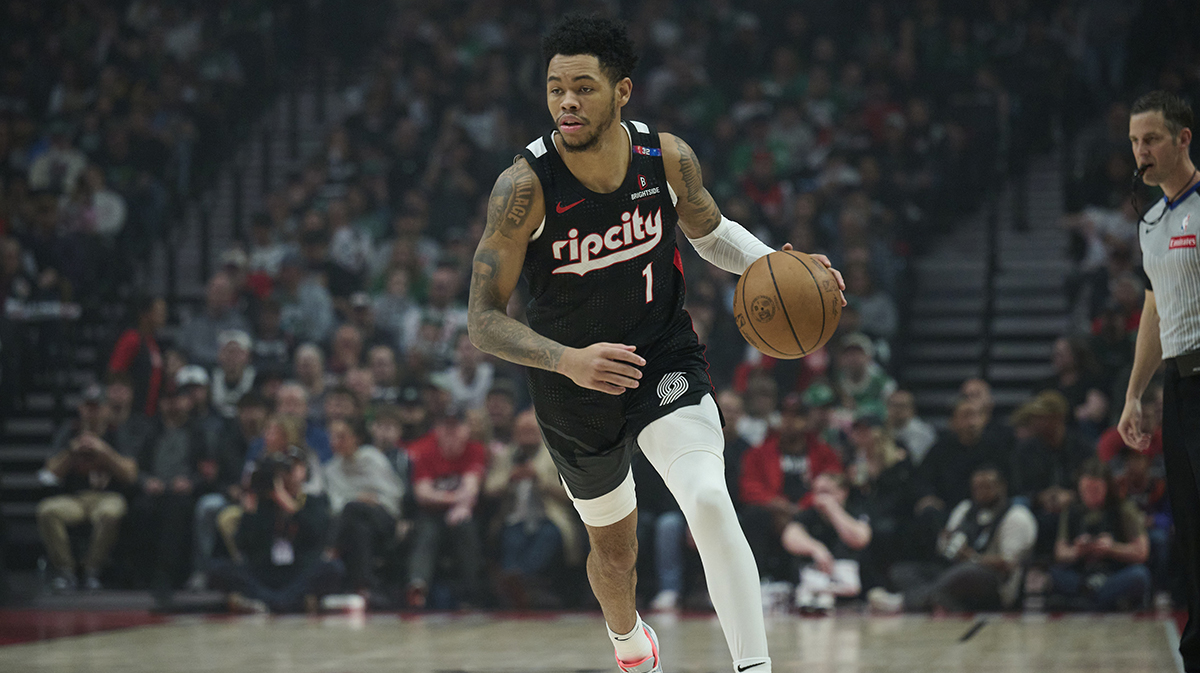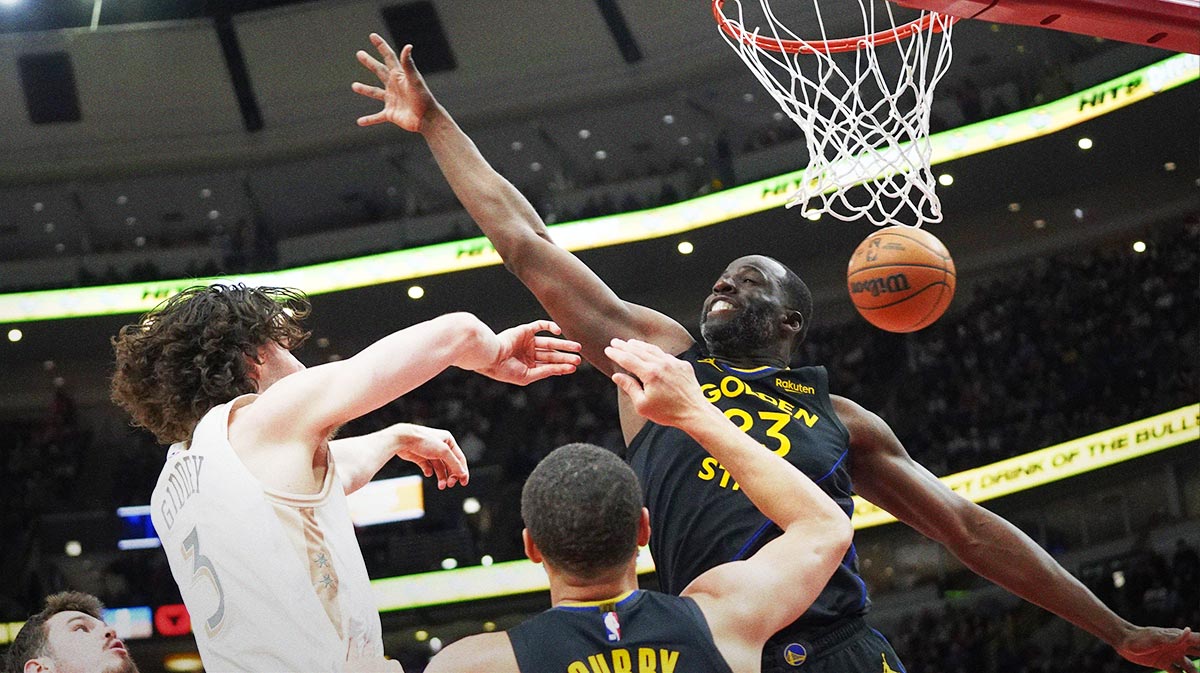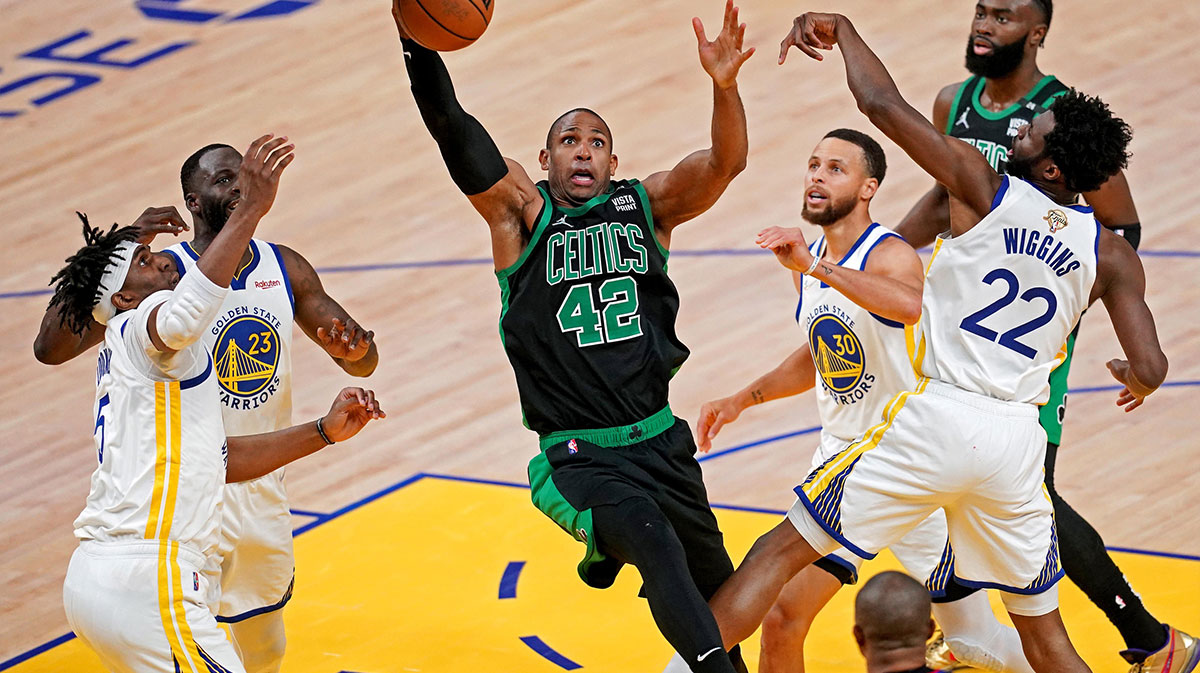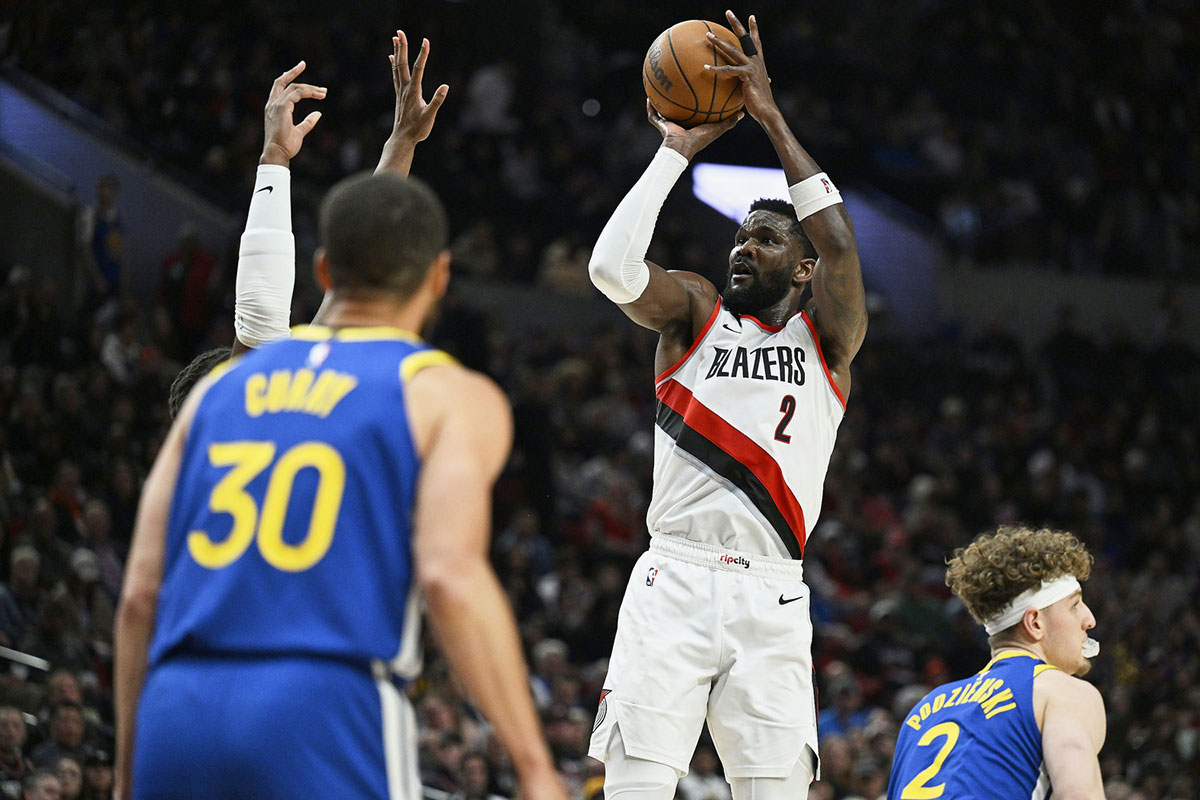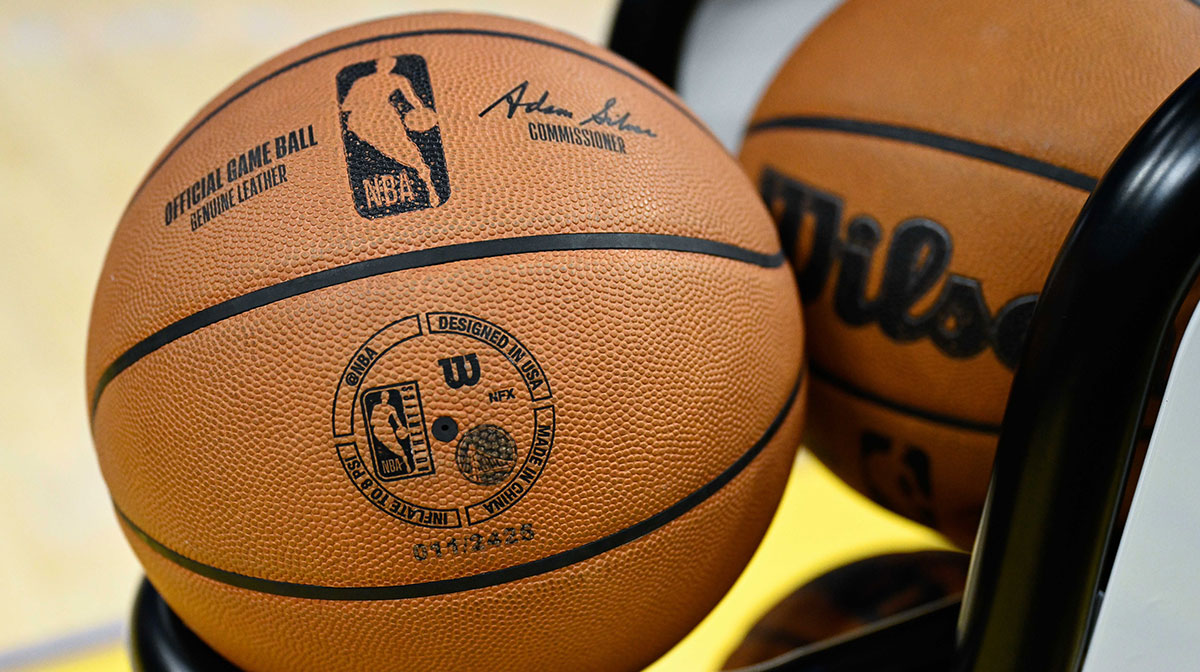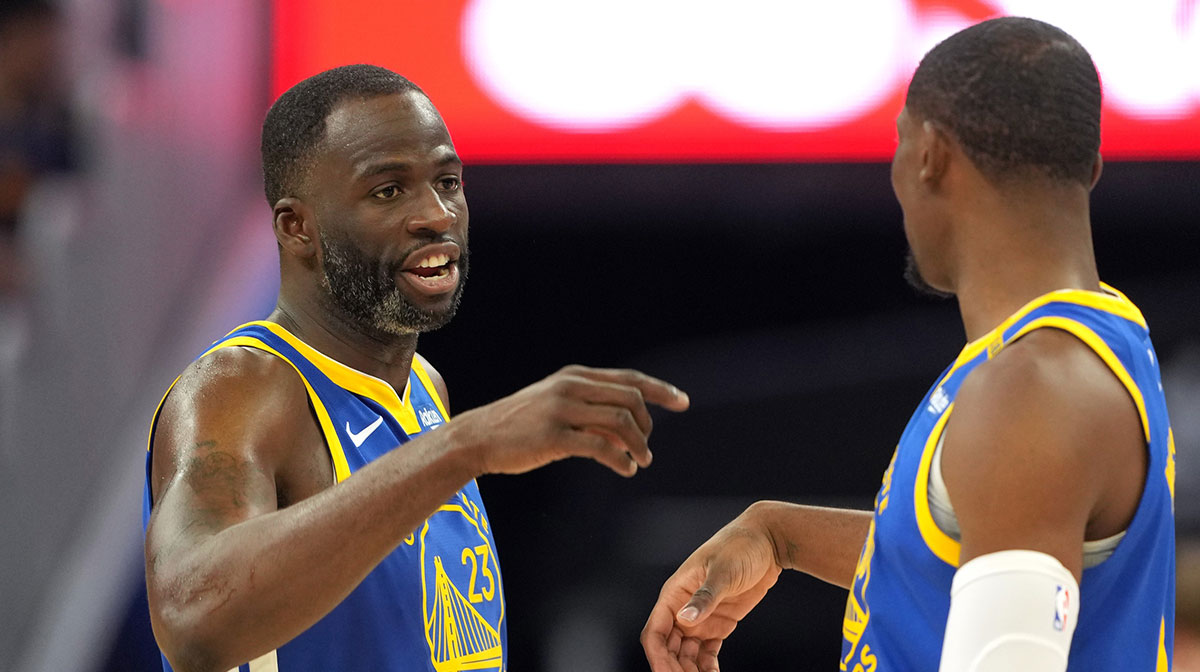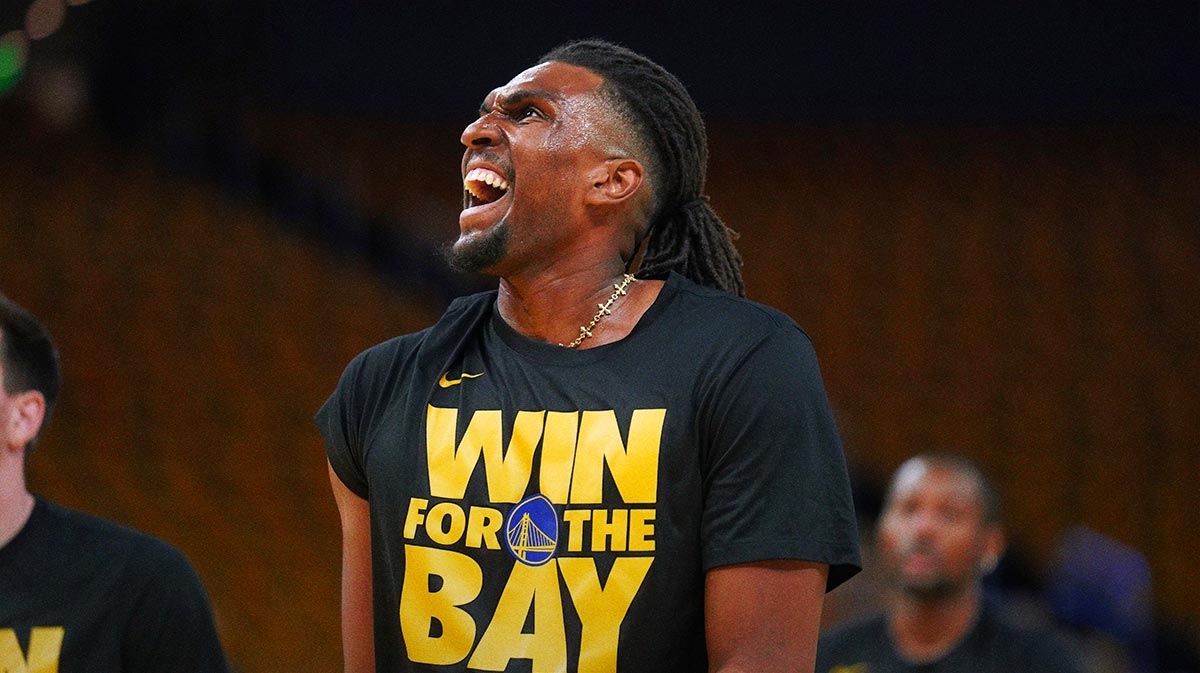After winning the 2016 NBA Finals over Stephen Curry and the Golden State Warriors, LeBron James was asked at the Nike Skills Academy what his motivation was, now that he'd won a title for the Cleveland Cavaliers. He responded by revealing what his underlying goal has always been.
“My motivation is the ghost I'm chasing. The ghost (Michael Jordan) played in Chicago. I think it’s cool to put myself in position to be one of those great players, but if I can ever put myself in position to be the greatest player, that would be something extraordinary.”
If you ask any NBA player what his purpose is in the NBA, you'll probably get a similar answer, but on a lesser scale. You'll hear something about maximizing his talent or growing as a player. You'll hear something about making the NBA Playoffs or winning championships. It's a league that only gives its biggest prize to one team a year. So players strive in agony towards that prize, seeking to improve their team and prove their worth.
It's why Joel Embiid was a mess of tears right after the Philadelphia 76ers' Game 7 loss to the Toronto Raptors. It's why Harrison Barnes, who's never been an All-Star, turned down $25 million to seek a maximum contract. It's why Jimmy Butler screamed at his Minnesota Timberwolves boss, “You can't win without me!” after demanding a trade.
The culture of the league is only natural, considering the terrain players are treading on. It's a business permeated with ego, hyper-competitiveness, and self-glorification. Players seeking to prove their value at every turn. Teams aching to win at all costs. So it's rare to see an athlete driven by something other than his own fire to get to the top.
And yet, here stands Curry, standing out from the rest.
A guy whose legacy Andre Iguodala is willing to sacrifice his body to protect. A guy who is called by his coach Steve Kerr, “obviously a superstar player, but he acts like the 12th man.” A guy who gets more excited to see Klay Thompson break three-point records than when he, himself does it. And a guy who Barnes once called “one of the most humble superstars.”
Curry, a two-time MVP and three-time champion, has withstood the typical driving forces of the billion-dollar industry and has stayed true to who he is. His calm, composed, down-to-earth nature, while being one of the most famous basketball players on the planet, is mind-boggling at times. Driven yet composed. Competitive yet humble.
With Curry, it's not a question of what drives him. He has always been very open about his Christian faith and how he tries to let it shine through in his life, even in basketball.
In 2014, Curry told Decision magazine: “I know why I play the game, and it’s not to score 30 points a night, but it’s to use the stage I’m on. I’ve been put here for a specific purpose: To be a witness and to share my testimony as I go through it.”
What's interesting is that unlike most players, who chase after their own glory, the former Davidson star doesn't seem to care whether he goes down as one of the greatest players of all time. He's here for a different purpose.
So when I had a chance to meet Steph last year at a small basketball clinic, I decided to ask him the one thing I had always wanted to know.
Curry held a Q&A session for a handful of people. He answered questions about his favorite food (pizza) and his favorite Klay Thompson story: One time, pre-game, Klay was reading the newspaper instead of warming up. Curry asked if he was going to go shoot around, and Klay just said, “Naw, I think I'll just pass today.”
But I wanted to get to the core of his motivation: His faith.
He had climbed the ladder in an industry centered on maximizing your own glory and your own paycheck. The league screams ideals contrary to Curry's Christian beliefs. So how does he do it every day? How does he stay resilient in his faith in the face of constant adversity in his job?
And so, when my turn had arrived, I asked: How do you keep your Christian faith strong in the NBA?
He nodded, and his subsequent response was thought-provoking.
“My faith gives me purpose in life,” Curry said. “It gives me purpose in playing basketball. I know not to get too high off of wins and not too low off of losses because there are much bigger things going on than winning and losing.”
He continued by saying that in the past few years, even with the success of championships and MVP awards, his identity and the reason he plays basketball is because of God. His true identity is not in what happens on the court. It's in who God says he is.
To stay grounded in his faith, he noted he needs to have a strong support system. And for him, that's his family. He went on to emphasize how he would never want to skip out on family time because his family gives him the spiritual support he needs.
I was left mulling over his thoughtful response. And from his reply, I gathered two things:
- He's very secure in who he is. Because of how rooted he is in his faith, basketball doesn't define him. Rather, playing basketball is just one of the ways he uses to live out his faith.
- His family is much more than just his cheerleader during games. They're his community, his support, and his accountability in walking the Christian life.
Those are messages that can be taken to heart no matter what your worldview may be. It's important to be secure in who you are and to have a community of support.
At the end of the day, Stephen Curry inspires us all. For many, it's because of his revolutionary play on the hardwood. But his influence really expands all the way to who he is as a person.
In a world of egos, Curry exudes humility in his interactions with the media, his teammates, and coaches. In a business that sees paychecks as prizes, the Warriors star, who is now the NBA's record-holder for career three-pointers made, hasn't once complained about money. And in a culture of self-glory, he is out there giving God the glory.
And so there lies a vast chasm between the character of Curry and that of the rest of the NBA.
At times, the league plays out almost like a soap opera. Some players “ghost” their teammates when they're unhappy with their situation. Some go on heated rants about the media making up storylines about them. Some take subtle shots at their coaches when the frustration of losing settles in.
But the 33-year-old Curry has avoided falling into the pit of NBA chaos. Because while he strives for titles, awards, and records along the way, his ultimate goal is to show the world his faith by who he is on and off the court.
He is a man driven by his faith. Driven by the goal of sharing his unique purpose in life through the game of basketball. And in an occupation that has such starkly different core values than his, Stephen Curry's character and faith stick out like a sore thumb.
Just the way he wants it.

